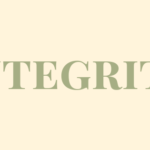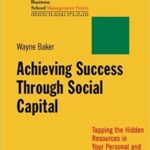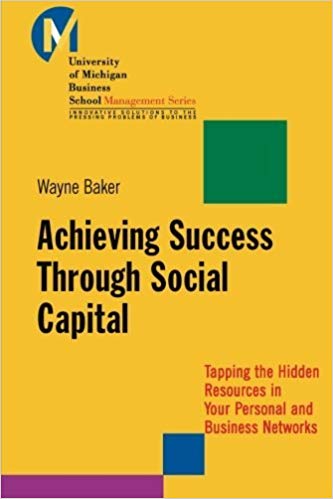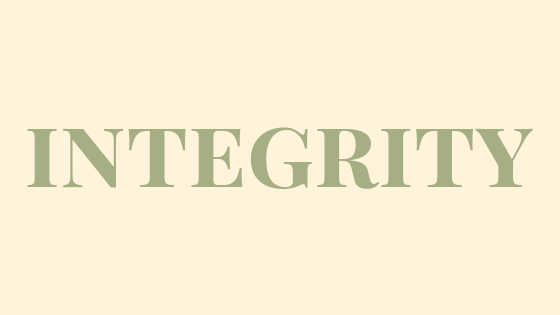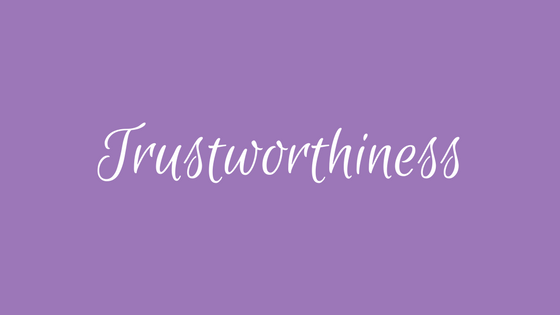“Tell a lie once and all your truths become questionable.”
—Author Unknown

Who are the people in your professional and personal life that you trust implicitly? How do they rate in terms of honesty and integrity?
Alternatively, who are those you do not trust? To what degree do these people stretch the truth, exaggerate, or simply out-and-out lie in order to look good, avoid accountability, or pursue other self-centered objectives?
Trusting relationships are the foundation of strong personal and professional partnerships, and this strength can easily be broken. Once observed, future doubt tends to creep in and undermine what may have taken many years to build.
EXERCISE:
What can and will you do to strengthen, repair, or rebuild the level of trust with those closest to you?
Consider checking out my Trust-o-Meter Assessment for some strategies that may help.
